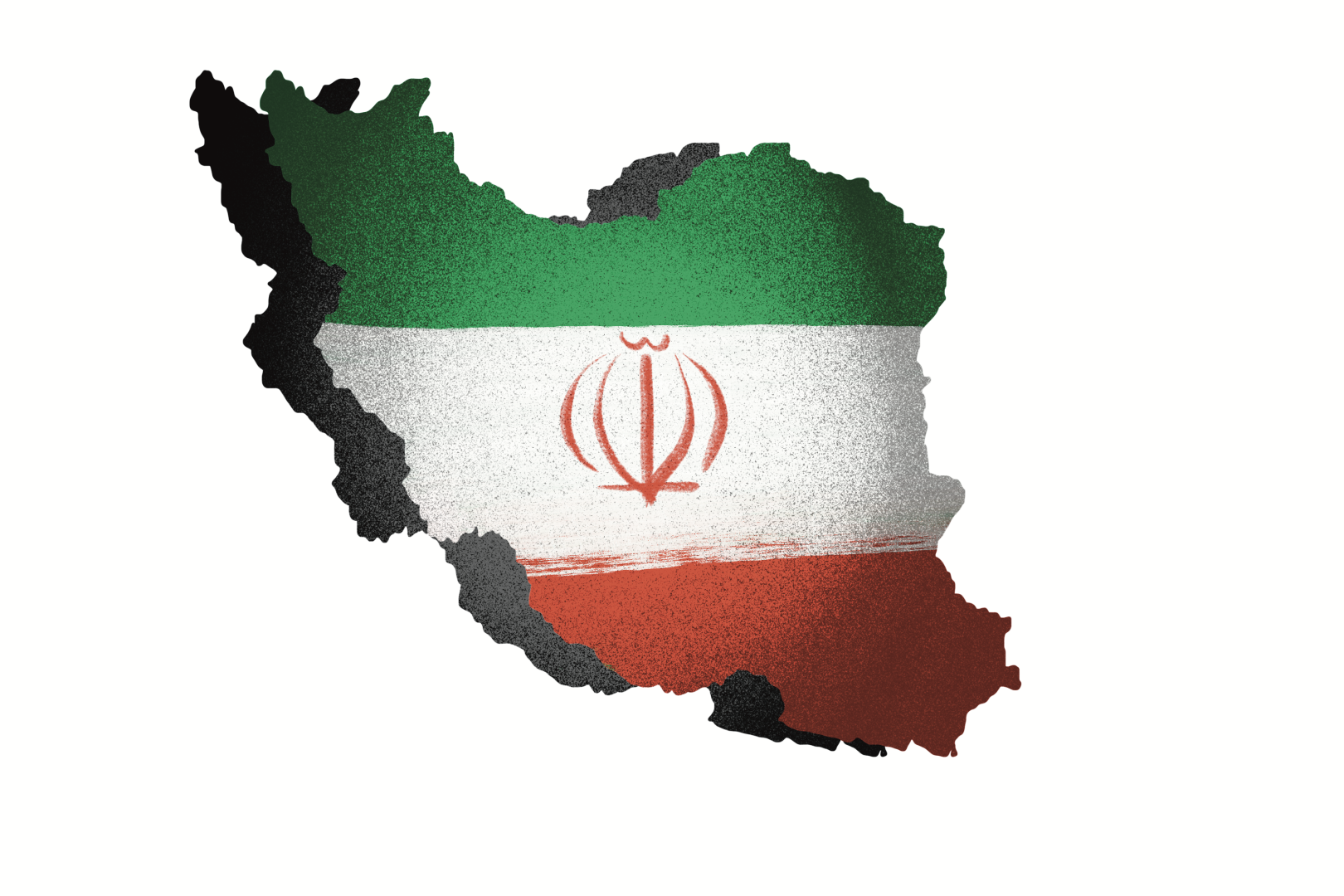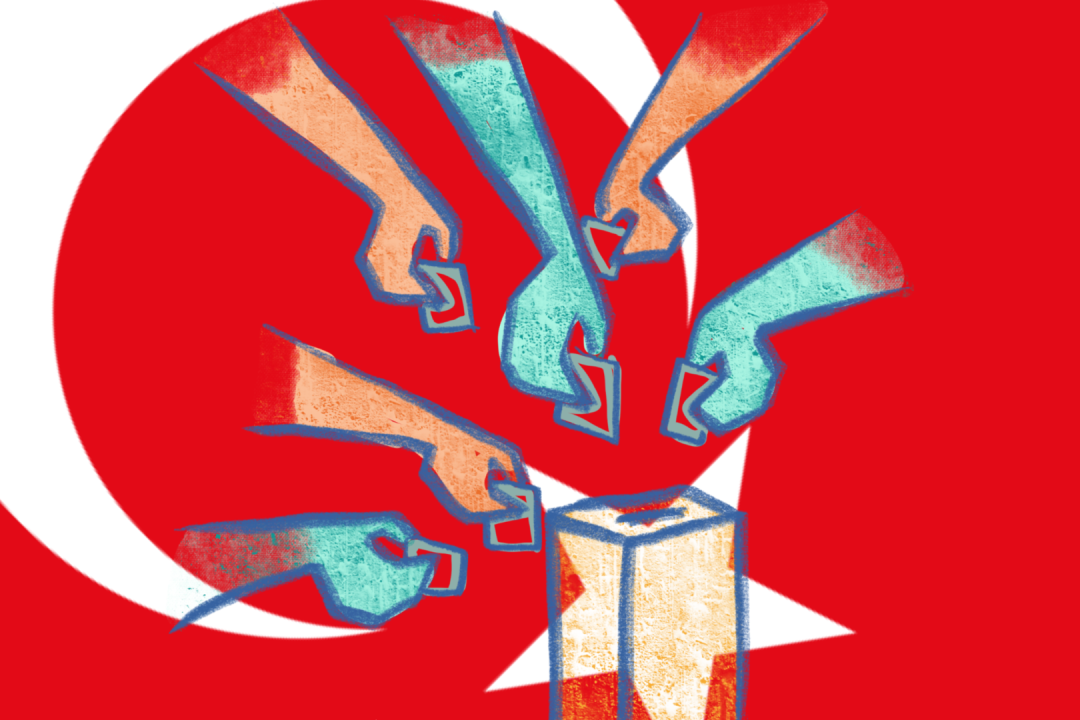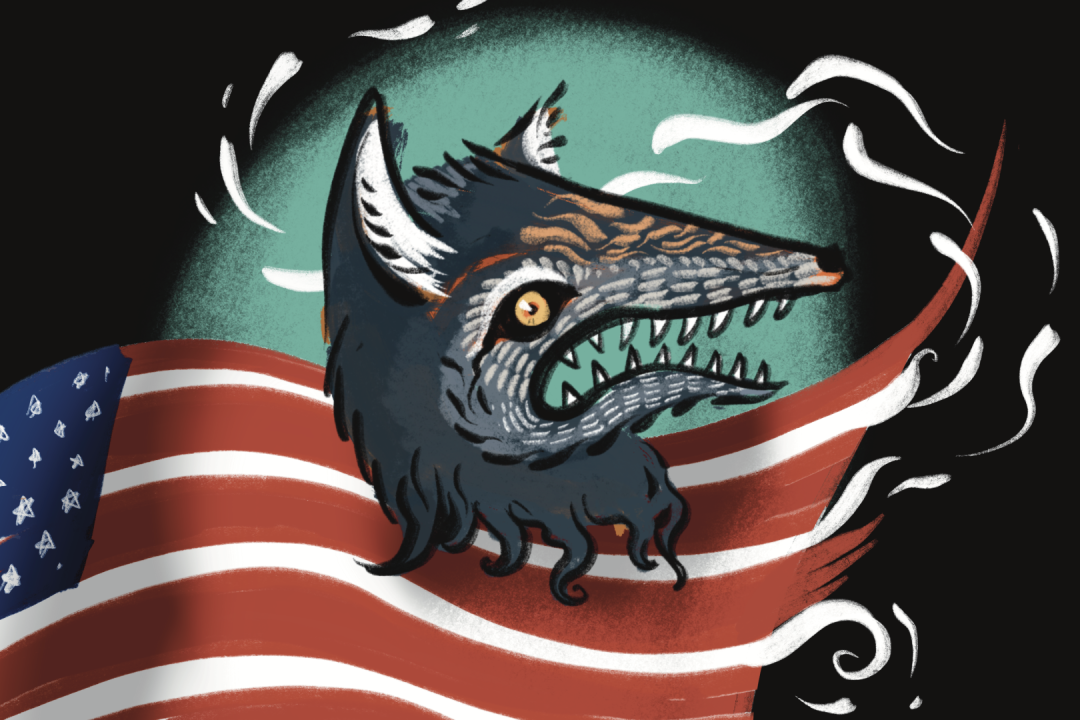
What’s the deal? Talks are still on for the Iran Nuclear Deal
By: WS
Former President Donald Trump withdrew the United States from the Joint Comprehensive Plan of Action (JCPOA) in 2018, claiming it had failed to undertake its goal of reducing Iran’s nuclear production, failing to allow international assessments of their projects. The Iran Nuclear Deal began to scramble when the US went ahead and imposed heavy duties on Iran, especially on their oil exports. Iran continued to export oil to the US after sanctioning through available waivers, which were later shut down. The frustration on the faces of Iranians was not something to celebrate. The situation was made worse when Donald Trump killed their nuclear scientist leader General Qasem Soleimani in 2020, claiming that Qasem was plotting war against the US and that the act of eliminating him would stop a war.
The JCPOA goals were to regulate the Iranian nuclear program by reducing the manufacture of Uranium to extreme percentage levels and allowing it to produce to certain percentage levels for certain important purposes such as in medical and academic research fields.
The Biden administration has been trying to return to JCPOA for talks regarding the nuclear deal; however, Tehran has been delaying revival saying that the parties' behavior makes it complex to come into agreement again. Discussions about Iran nuclear deal were held in June 2022 by Elliot Abrams, Former US Special Representative for Iran (2020-2021), Robert J. Einhorn, Code of Federal Regulations Member, and Laura Rockwood, Director of Open Nuclear Network, a programme of One Earth Future, regarding Doha’s negotiation meeting that ultimately showed that Iran is not likely to accept US negotiations on the nuclear deal and is not ready to make a decision. Since the US withdrawal, there must be something cooking in Iran regarding the manufacture of powerful weapons and missiles, a move that is deemed a threat to the US and its allies, and is why the US is trying to negotiate. Rockwood said that the Biden administration should push for security confirmation from the International Atomic Energy Agency’s (IAEA) general director to safeguard and help pursue Chinese and Russia for a strong coalition with the US.
Robert Einhorn highlights how the US made a huge mistake by withdrawing from JCPOA and explains that US democrats are now facing many critics from their own party and republicans. The withdrawal effect and sanction input on Irans makes it challenging for Tehran and Washington to work together again. However, if the Biden administration's plan is to work, they must provide a strict regional strategy on its state to avoid withdrawal from such an agreement in the future. The US is in trouble and fears a rebuttal from the Iranian government if the nuclear deal is not settled soon. According to President Joe Biden, the US will not wait forever for Iran to respond to JCPOA and might be willing to use force where necessary.
China, among the members of the JCPOA, is likely to support Iran’s decision on its nuclear weapon program, blaming the US for its attempt to shift blame for withdrawing from the JCPOA. Foreign Minister Wang Yi wants the US to remove sanctions on Iran, but yet Iran has not decided about reviving the JCPOA a requirement the US needs in order to lift sanctions. Russia as a member of JCPOA is supporting decisions the Iranians might make; this is according to the last negotiation meeting held in Vienna.
On November 26, 2021, France’s President Emmanuel Macron called Iranian President Ebrahim Raisi and urged him to accept the deal to revive the JCPOA agreement of 2015. Macron said he is optimistic about the upcoming decision, as it will be in the best interest of the member states. As seen in the Qatar meeting on JCPOA revival efforts, Iran is not ready to decide to work with the US.
Without this Iran deal, the US lacks enough economic pressure to release Iran’s destabilizing weapons, missiles, and regional activities. Revival of the JCPOA would possibly prevent Iran from becoming a nuclear weapon state for not less than eight years. Also, if the US forgoes this weapon deal, it would give Iran the freedom to dangerously continue to a threshold Nuclear Weapon state. This will be a significant threat to the US and its allies. On the other side, if the JCPOA deal is revived, it will get intense criticism from US partners both in America and in the Middle East. Criticisms about its commitment in the face of future political growth and leadership transitions call for promising strategies to avoid the same mistakes happening again. Biden's administration would have set regional rules and regulations so that even when the state is under a different leadership would not affect member states' relations, which might convince Iran about the JCPOA.
For the past 15 months since the ignition of the JCPOA treaty, the determination to reach a deal has been on point and gaining momentum. On Tuesday 26, 2022, the European Union policy leader Josep Borrel wrote in Financial Times that Iran has agreed to revive the JCPOA act of 2015 under conditions that might not sit well with the US proposal for its revival. However, it will bring benefits to everyone. Tehran has finally agreed to work with the world's six superpowers again, the US, Russia, Germany, France, Britain, and China. Borell said the text addressed the lifting of sanctions and uranium and termed it the best way Iran could do it.
Josep Borrel explained that there is space left for significant compromises that had yet to be exploited. Iran’s nuclear lead negotiator, Ali Bagheri Kani, insisted that Borrel had delivered a new proposal on matters of the JCPOA agreement act of 2015. Kani stated that they too had their ideas to conclude the negotiations of the revival. Borrel claimed that if the proposal is rejected, it will initiate a dangerous nuclear risk and the continuation of the high-rising isolation of Iran and its people.
Another new proposal responds to Joe Biden’s and Washington has to decide on whether to agree to Iran’s suggestion or not. The United States and other members of the JCPOA reactions are still not understood fully by the public because the new proposal content delivered by Borrel representing Iran is kept private. Joe Biden's administration had promised to lift sanctions against Iran and to save the new government from maximum pressure from former US president Donald Trump’s previous withdrawal from the act. Biden promises to put in place a regional strategy that would hold the JCPOA agreement no matter who the future president of the United States might be.




